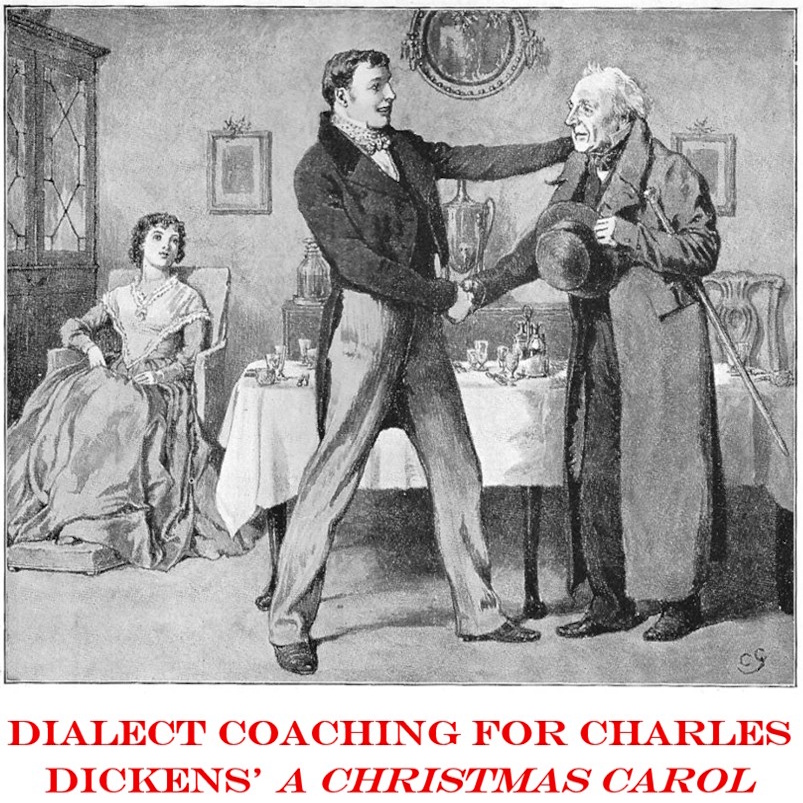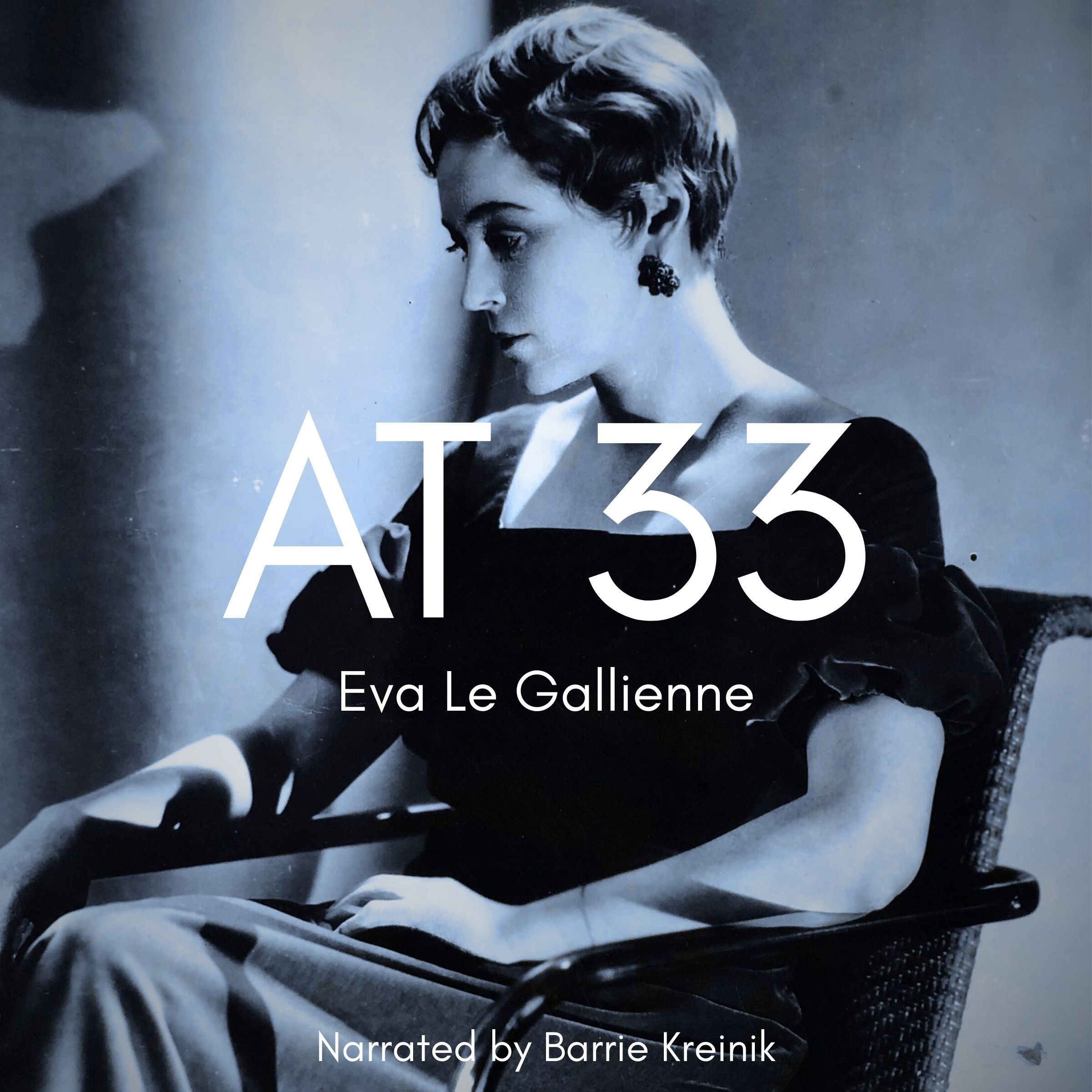New Zealand 26
Listen to New Zealand 26, a 55-year-old woman from Timaru and Tauranga, New Zealand. Click or tap the triangle-shaped play button to hear the subject.
Both as a courtesy and to comply with copyright law, please remember to credit IDEA for direct or indirect use of samples. IDEA is a free resource; please consider supporting us.
BIOGRAPHICAL INFORMATION
AGE: 55
DATE OF BIRTH (DD/MM/YYYY): 01/11/1969
PLACE OF BIRTH: Timaru, New Zealand
GENDER: female
ETHNICITY: New Zealand European
OCCUPATION: actor/director/producer
EDUCATION: Ph.D.
AREAS OF RESIDENCE OUTSIDE REPRESENTATIVE REGION FOR LONGER THAN SIX MONTHS:
The subject was born and raised, until age nine, in the city of Timaru on the South Island of New Zealand, in South Canterbury. At age nine, she and her family spent a year in Australia before moving back to Timaru for a brief time. She then moved again, at age 11, to the North Island, to Tauranga. She spent the rest of her childhood there. As an adult, the subject lived for in a year in London, UK; in Wellington, New Zealand for 16 years; and for the last 14 years in Auckland, New Zealand.
OTHER INFLUENCES ON SPEECH: N/A
The text used in our recordings of scripted speech can be found by clicking here.
RECORDED BY: David Nevell
DATE OF RECORDING (DD/MM/YYYY): 03/08/2025
PHONETIC TRANSCRIPTION OF SCRIPTED SPEECH: N/A
TRANSCRIBED BY: N/A
DATE OF TRANSCRIPTION (DD/MM/YYYY): N/A
ORTHOGRAPHIC TRANSCRIPTION OF UNSCRIPTED SPEECH:
I was born in Timaru, in the South Island in South Canterbury, which is near the ocean on the eastern side of the South Island, and it’s only a couple of hours away from the ski fields in the mountains, so you kind of get the best of both worlds. Um, I had a great childhood, and my grandparents had a beautiful home by a river, which, when I think of it now, is very Chekhovian, because we used to go out there every weekend and the river would be — the sound of the river would be in the distance, and there’d always be lots of laughter and food and freedom to explore the river banks and make fires and all that sort of thing. And so my childhood in the ’70s, uh, was a mixture of freedom and things changing.
So when I was nine, my family and I, uh, left Timaru and we went to live for a year in Australia, originally only six months, but, um, for reasons that sort of hard to believe now, um, we stayed longer, stayed there over a year, because my sister had to get surgery in Australia, such that they didn’t do surgery like that in New Zealand in those days. And so we stayed longer and eventually came back to New Zealand, um, in 1980, sorry, Timaru, New Zealand, in 1980; and, uh, it was not long before we decided we needed a change as a family, so we upped sticks and moved up north to the North Island to a place called Tauranga, which in Māori culture means resting place, or, um, kind of a harbor of resting. But for me, it was sort of the opposite, because I was 11 and arrived on in a whole different, um, cultural and geographical context where it wasn’t so much resting. It was more about, OK, now life really begins. And it was then, at 11, at a repertory theater in Tauranga, that I found my tribe of people, um, and I just knew that, um, that was where I belonged. I’d had hints of it before then, but there being in a bigger sort of, um, gene pool, I suppose, in a, in a more broad cultural mix, more diverse setting, um, I found that that was really where I belonged.
TRANSCRIBED BY: David Nevell
DATE OF TRANSCRIPTION (DD/MM/YYYY): 14/08/2025
PHONETIC TRANSCRIPTION OF UNSCRIPTED SPEECH: N/A
TRANSCRIBED BY: N/A
DATE OF TRANSCRIPTION (DD/MM/YYYY): N/A
SCHOLARLY COMMENTARY: N/A
COMMENTARY BY: N/A
DATE OF COMMENTARY (DD/MM/YYYY): N/A
The archive provides:
- Recordings of accent/dialect speakers from the region you select.
- Text of the speakers’ biographical details.
- Scholarly commentary and analysis in some cases.
- In most cases, an orthographic transcription of the speakers’ unscripted speech. In a small number of cases, you will also find a narrow phonetic transcription of the sample (see Phonetic Transcriptions for a complete list). The recordings average four minutes in length and feature both the reading of one of two standard passages, and some unscripted speech. The two passages are Comma Gets a Cure (currently our standard passage) and The Rainbow Passage (used in our earliest recordings).
For instructional materials or coaching in the accents and dialects represented here, please go to Other Dialect Services.
 IDEA: International Dialects of English Archive
IDEA: International Dialects of English Archive




